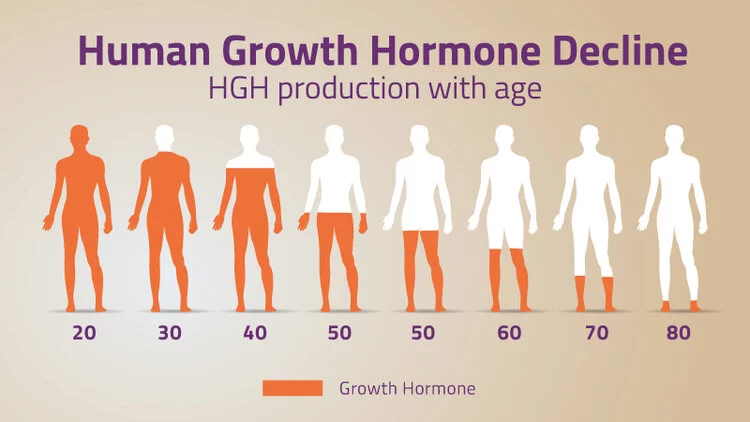Introduction
Vaping and smoking are two common practices among the youth and adults alike. While smoking has been around for decades, vaping is a relatively new phenomenon that has gained traction in recent years. Both practices have a significant economic and industry impact on society, ranging from taxes and job creation to public health.
The Economic Impact of Smoking
Smoking has been linked to numerous health issues, such as cancer, heart disease, and stroke, leading to an increased burden on the healthcare system. According to the CDC, the annual healthcare cost of smoking in the US is over $170 billion. Additionally, smokers are more likely to take sick leave, leading to lower productivity levels and higher costs for employers. The tobacco industry is one of the largest industries globally, generating revenue of over $700 billion in 2020. However, the industry is heavily taxed, with taxes accounting for a significant percentage of the retail price of cigarettes.
Taxes on Smoking
Taxes on cigarettes vary across different countries and states. In the US, the average state cigarette tax is $1.82 per pack, and the federal excise tax is $1.01 per pack. These taxes are a significant source of revenue for governments, with the federal government collecting over $12 billion in cigarette excise taxes in 2020. However, higher taxes on cigarettes have been linked to a decrease in smoking rates, which could lead to a reduction in revenue from cigarette taxes.
Job Creation in the Tobacco Industry
The tobacco industry employs millions of people worldwide, ranging from tobacco farmers to cigarette factory workers. However, the industry has faced challenges in recent years, with declining smoking rates and increased regulation. According to a report by the International Labour Organization, the global tobacco industry is expected to decline by 5.6% between 2020 and 2022, leading to job losses.
The Economic Impact of Vaping
Vaping has become increasingly popular in recent years, with the global vaping market expected to reach $67 billion by 2027. While vaping is often marketed as a safer alternative to smoking, the long-term health effects of vaping are still unknown. Vaping devices and e-liquids are subject to various regulations, including taxes.
Taxes on Vaping
Taxes on vaping products vary across different countries and states. In the US, the federal government does not currently tax vaping products, but some states have introduced taxes on these products. For example, in Pennsylvania, there is a 40% tax on vaping products. The introduction of taxes on vaping products has been controversial, with some arguing that it will discourage smokers from switching to vaping, which could have public health benefits.
Job Creation in the Vaping Industry
The vaping industry has created numerous job opportunities, ranging from manufacturing to retail. According to a report by the Vapor Technology Association, the US vaping industry employs over 166,000 people and generates over $24 billion in economic activity. However, the industry has faced challenges, with increasing regulation and negative perceptions of vaping affecting sales.
Conclusion
Both smoking and vaping have a significant economic and industry impact on society. While the tobacco industry is facing challenges, it remains one of the largest industries globally. Vaping is a relatively new phenomenon that has created job opportunities but is subject to increasing regulation. Taxes on both smoking and lush ice disposable vape products are a significant source of revenue for governments but can have unintended consequences.
FAQs
1. What is the economic impact of smoking on society?
Smoking has a significant economic impact on society, with healthcare costs, lower productivity levels, and increased taxes on cigarettes affecting the economy.
2. How does the tobacco industry contribute to the economy?
The tobacco industry generates billions of dollars in revenue and employs




